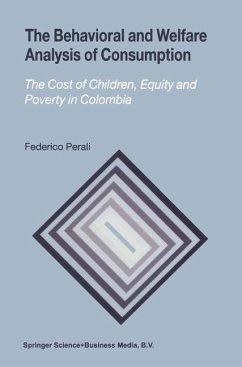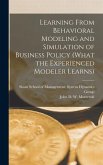The motive force of human activity that propels the stream of progress is here caught at its source, in its most modest, material expressions. The mechanism of the passions acting as determinant in these low spheres is less complex and can therefore be observed with greater precision. All one need do is leave the picture its clear, calm colors and its simple design. Gradually, as that search for material well-being by which man is tormented grows and expand, it also tends to rise and pursue an ascendant course thorough the social classes. In 'I Malavoglia' it is still only the struggle for material needs. Once these needs are satisfied, the search turns into greed for riches and will be embedded in a bourgeois type . . . Giovanni Verga, from the Introduction to The House by the Medlar Tree (I Malavoglia) Motivation In the past decade, many less developed countries have undertaken structural adjustment programs with the hope of breaking the vicious circle of the depression that enveloped them during the 1980s and of loosening the suffocating grip of the debt crisis. Nearly always, macroeconomic stabilization implies a reduction of public spending and, consequently, a reduction of subsidies on wage goods and food production. Other macro policies, such as tariff elimination and exchange rates alignment, alter relative prices and may have significant effects on the level and distribution of income. Today, poverty and inequality are perceived as economic threats as a result of globalization and unbalanced market expansion.
Hinweis: Dieser Artikel kann nur an eine deutsche Lieferadresse ausgeliefert werden.
Hinweis: Dieser Artikel kann nur an eine deutsche Lieferadresse ausgeliefert werden.








